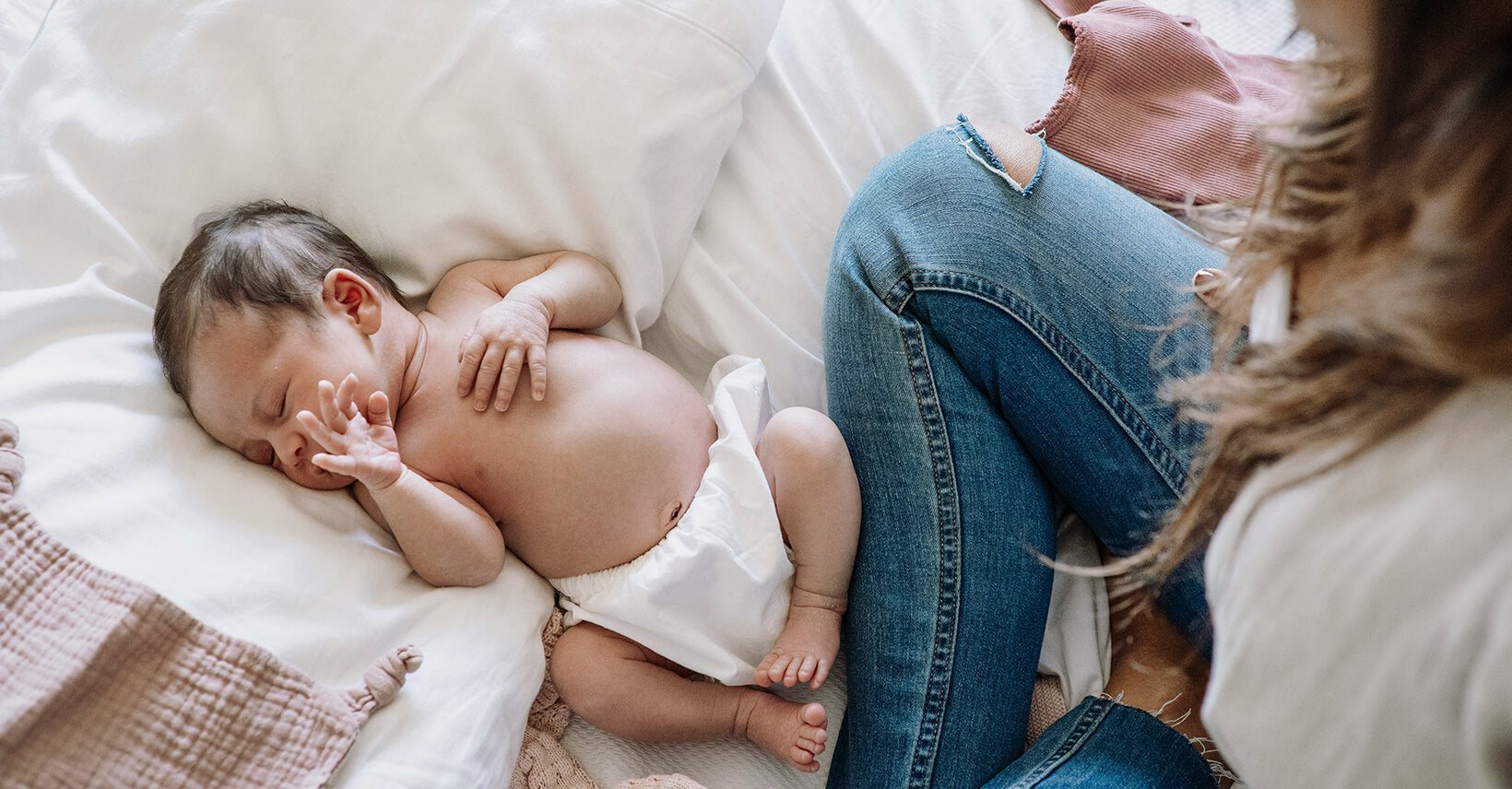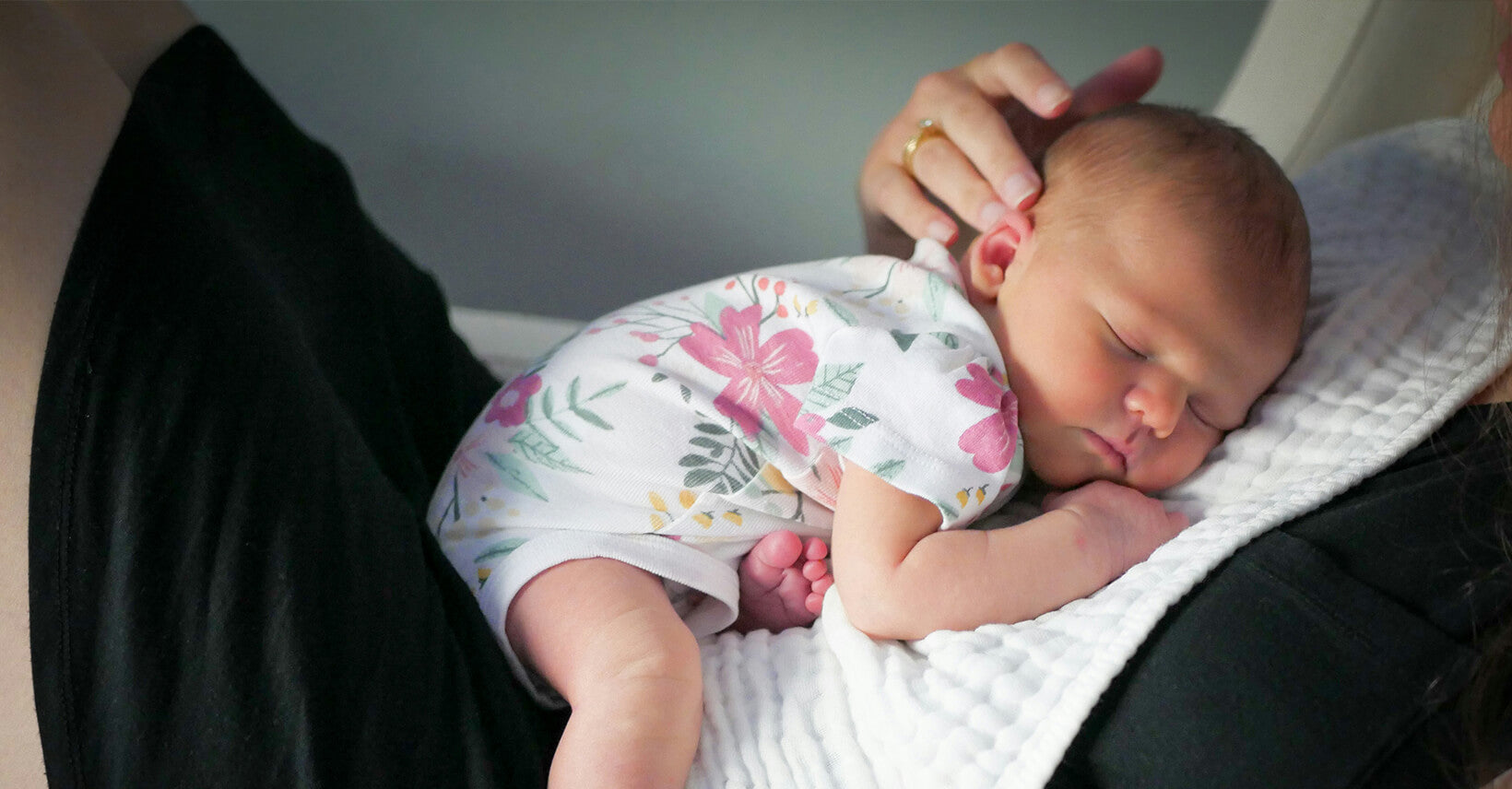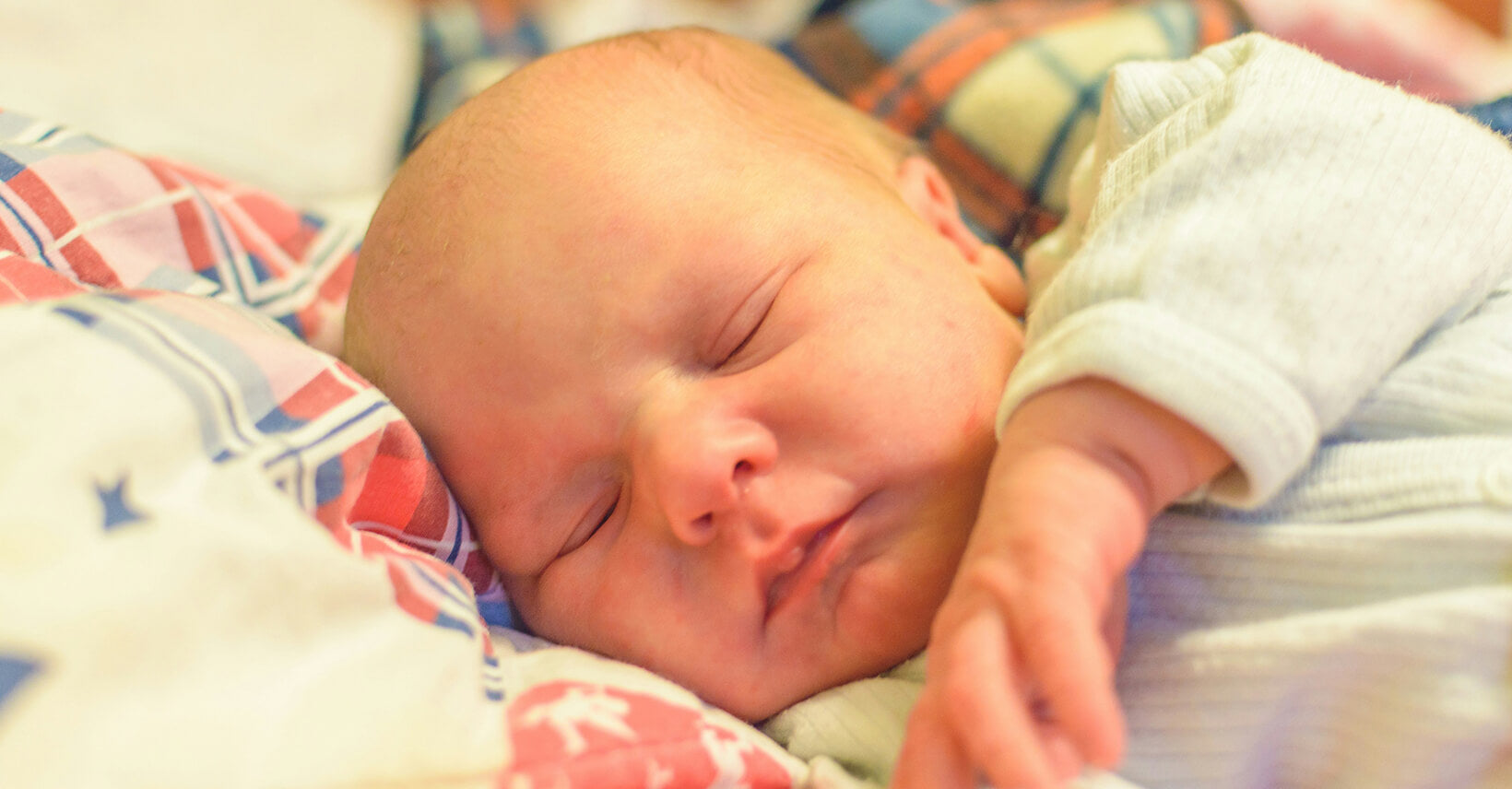
Understanding Why Babies Fight Sleep and How to Help?
The sun was setting over the hills, painting the evening sky with warm hues of orange and purple. Inside the warm and cozy family home, little Sophie was growing more tired after a full day of activities. Yet despite her yawns and rubbing eyes, sleep would not come easily. She fussed in her mother's arms, unwilling to settle into her crib for the night's rest. Like many caring parents today, Lucy struggled with how to help her daughter drift off to sleep. It is a challenge that faces modern families all over - why do babies fight sleep, and what can parents do to help them?
What are the signs of baby fighting sleep?
The baby's resistance to sleep usually has the following common manifestations.
Crying: Your baby may cry loudly and show an unwillingness to fall asleep.

Nervous and anxious: Your baby may become nervous or fidgety, moving around constantly and having difficulty relaxing to sleep.
Tossing and turning: Your baby may be wriggling and struggling in bed, unable to maintain a stable sleeping position.
Avoid eye contact: The baby may try to avoid eye contact with the mother, showing resistance to falling asleep.
Refusing to feed or eating very little: Babies may be reluctant to eat because they prefer to stay awake.
Why do babies fight sleep?
Lack of security : If baby has been crying and refusing to sleep at night, it is likely that baby is scared and leads to a lack of security. When the baby is frightened, it will produce more serious mental tension, and it will also be deeply impressed by the frightened event for a period of time. At night, the surrounding area is relatively quiet and the light is relatively dark, which may exacerbate the baby's tension and remind baby of the frightened event, resulting in the baby being afraid to sleep.
Overtired: If a mother tries various methods but the baby still refuses to sleep, it is very likely because the mother missed baby’s best sleep window. When we miss the baby's sleep signals (staring, rubbing the eyes, yawning, pulling the ears, etc.), baby will not obtain needed sleep in time. This will lead to the baby's overexcited brain nerves , which ,in turn, prevents the baby from sleeping.
Physical discomfort: Baby's physical discomfort, including physiological, psychological, pathological and other discomfort. Physiologically, the growth pain caused by the baby's development or the oral discomfort caused by the baby's teething will cause certain sleep disturbances to the baby. Consequently, the baby is unable to fall asleep quietly, resulting in the situation that baby is obviously very sleepy but unable to sleep.
Teething: The pain and irritation of teething can disrupt sleep, as babies may wake more easily or have a harder time settling down.
Separation anxiety: Between the ages of 7 and 12 months, your baby will wake up frequently at night due to separation anxiety. At this stage, they may cry for mom and dad in the middle of the night, and older babies will try to climb out of the crib, desperately clinging to mom and dad to sleep together. Separation anxiety will subside around the age of 2. Until then, parents need to be patient to calm the baby and reduce the baby's separation anxiety.

Excessive night feeding: If mother frequently feeds the baby at night, the baby may develop the habit of relying on night food to fall asleep. This can cause them to wake up at night asking for feeding and have trouble falling asleep on their own.
Developmental milestones: Major milestones like rolling over, sitting up, crawling or walking involve brain growth that may cause sleep issues as new skills are learned.
Over-reliance on external reassurance: If the baby relies too heavily on external comforts, like rocking in the cradle, the crib's vibration, or being held by the mother, to fall asleep, they might wake up during the night and need these soothing methods to get back to sleep. This can make it tough for the baby to fall asleep on their own or self-soothe.
Solutions of baby fighting sleep
The quality of infant sleep is directly related to their healthy growth and development. Therefore, parents should create a good sleeping environment for babies so that they can sleep comfortably and sweetly. So what should parents do with babies who resist sleep?
Read a story or a book before bed: In the familiar voice of the mother, the baby can not only get a lot of security, but also feel the warmth of the story. In this way, baby’s body and mind can relax, and soon can enter the state of sleep.
Avoid stimulating games and excessive exercise before bed:When the baby is in a quiet and relaxed state, it can fall asleep more smoothly. If the baby is too excited before going to bed, its body will be in a state of tension and agitation, which is difficult to fall asleep. Even if baby is already asleep, the baby is likely to have problems such as restless sleep and sweating. So if the baby is very excited before going to bed, then parents can relieve the baby's excited mood by bathing the baby, soaking feet, telling stories, etc. This will gradually calm the baby down and guide the baby to fall asleep slowly.
Create comfortable sleeping environment:If the sleeping environment is not comfortable, it is difficult for baby to fall asleep. Even if baby falls asleep, it is difficult to sleep soundly.The temperature and humidity of the sleep environment need to be kept within a comfortable range. Unusually cold or hot environments, as well as excessively dry or overly humid conditions, aren't ideal for a baby's sleep and might result in some health problems for them. For example, improper dry humidity may cause respiratory diseases and eczema, etc., and improper temperature can lead to cold or heat stroke.
Baby's bedding, such as quilts, pillows, sheets, etc., must be skin-friendly and breathable, so that the baby can sleep comfortably. If the side that touches your baby's skin is too rough or not breathable, your baby will not be able to sleep well.
Preemptive soothing:Usually your baby's sleep cycle is 45 minutes, beginning with light sleep and then entering deep sleep. 30 minutes after falling asleep, babies begin to move out of deep sleep and into light sleep. So 30 minutes after falling asleep is the baby's easy to wake up point. This stage is called light sleep. If babies can pass through this light sleep without any disturbances, they are less likely to wake up in the middle of the night, allowing them to smoothly transition into a deeper sleep. However, because the baby's sleep ability and sleep habits are different, the time of waking up will also be various.
Relieve separation anxiety : No matter how small your baby is, every time you leave, make sure they know you're going but will be right back. Even if you're just going to the next room, tell her, "I'll be right back." Keep doing this, and one day you'll be amazed to see that when you leave for a moment, they know exactly what "right back" means. When you leave, you can have other caregivers distract them with some activities, like playing with new toys, giving them a bath, or showing them themselves in the mirror. Then, say goodbye and leave quickly. Usually, babies can more easily accept this expected pattern of separation.
Use a sleeping sack: A sleeping sack can help keep your baby warm, reduce the risk of choking at night, and also help your baby stay in a relatively fixed sleeping position.

Zip Sleep Sack With Sleeves 2.5 TOG - $55
Conclusion
Although there may be rough patches, establishing healthy routines and addressing the root causes of sleep struggles in an age-appropriate manner pays off. Over time, babies learn that night is for sleeping while still having their parents to comfort and reassure them. While each child's journey is unique, SLEEP is a normal milestone all little ones will achieve. For parents facing fussy evenings, taking a deep breath and remembering this stage shall pass can boost perseverance.

Yujia Shi
An expert in sleep sack design, is a valued contributor to Kaiya Baby's blog. With a strong background in baby sleep bags and maternal care, she is highly regarded for her professionalism. Yujia Shi prioritizes baby comfort and safety in her designs, using high-quality materials. Her insightful articles on sleep bags have been featured in reputable publications and have gained a significant readership. Trust Yujia Shi to help you create a comfortable and safe sleep environment for your baby, backed by her proven track record in the industry.



Leave a comment
This site is protected by reCAPTCHA and the Google Privacy Policy and Terms of Service apply.